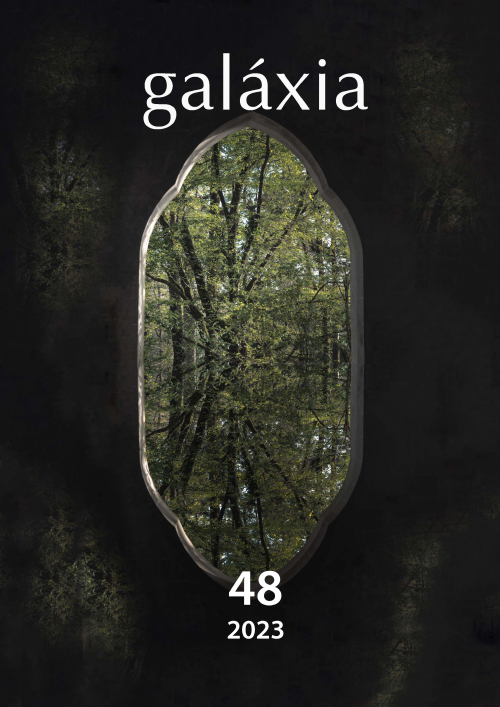Forgotten quarrels in game studies:
monopoly and configurational diversity in esports
Keywords:
game studies, esports, communication, gamer culture, diversityAbstract
The purpose of this article is to promote a critique of the thematic monopoly exercised by professional esports. In order to develop this argument, the notion of configurational diversity of esports is presented to consider a set of game situations that compose the sportive activities and experiences aimed at videogames. This diversity would be built by at least four configurations: professional esport, bricolage esport, community esport and school esport. For this construction, we seek support in the literature of game studies, communication, and sports, and in ethnographic fieldwork experiences undertaken between the years 2016 and 2022 with different matrices that make up esports in the country.
References
BURK, D. Owning e-Sports: Proprietary Rights in Professional Computer Gaming. Univ. Pa. Law Rev., Philaddelphia, v. 161, p. 1535-1578, 2013.
DAMATTA, R. Carnavais, malandros e heróis: para uma sociologia do dilema brasileiro. 6 ed. Rio de Janeiro: Rocco, 1997.
DAMO, A. Do dom à profissão: uma etnografia do futebol de espetáculo a partir da formação de jogadores no Brasil e na França. 2005. Tese de doutorado. UFRGS, Porto Alegre, 2005.
HUTCHINS, B. Signs of meta-change in second modernity: the growth of e-sport and the World Cyber Games. New Media & Society, London, v. 10, n. 6, p. 851-869, 2008.
JIN, D. Korea’s Online Gaming Empire. Cambridge: MIT Press, 2010.
LATOUR, B. Reassembling the Social. An Introduction to Actor-Network Theory. Oxford: Oxford University Press, 2005.
PARLEBAS, P. Jeux, sports et sociétés, lexique de praxéologie motrice. Paris: INSEP, 1999.
REITMAN, J.; ANDERSON-COTO, M.; WU, M.; LEE, J.; STEINKUEHLER, C. Esports Research: A Literature Review. Games and Culture, London, v. 15, n. 1, p. 32-50, 2020.
ROGSTAD, E. Gender in eSports research: a literature review. Eur. J. Sport Soc., London, ahead-of-print, p. 1-19, 2021.
SUMMERLEY, R. The Development of Sports: A Comparative Analysis of the Early Institutionalization of Traditional Sports and E-Sports. Games and Culture, London, v. 15, n. 1, p. 51-72, 2020.
TAYLOR, N.; STOUT, B. Gender and the two-tiered system of collegiate esports. Crit. Stud. Media Commun., London, v. 32, n. 5, p. 451-465, 2020.
TAYLOR, T. Raising the Stakes: E-Sports and the Professionalization of Computer Gaming. Cambridge: MIT Press, 2012.
______. Watch Me Play: Twitch and the Rise of Game Live Streaming. Princeton: Princeton University Press, 2018.
TOLEDO, L. Lógicas no Futebol. São Paulo: FAPESP, 2002.
WAGNER, M. On the scientific relevance of eSport. In: ICOMP, 2006, Las Vegas. Proceedings... Nevada: 2006, p. 1-4.
WOHN, D.; FREEMAN, G. Live Streaming, Playing, and Money Spending Behaviors in eSports. Games and Culture, London, v. 15, n. 1, p. 73-88, 2020.
______. eSports as an emerging research context at CHI: Diverse perspectives on definitions. In: Late Breaking Work, 17., 2017, New York. Proceedings... New York: ACM, 2017, p. 1601-1608.
Downloads
Published
How to Cite
Issue
Section
License
Copyright (c) 2023 Galaxia

This work is licensed under a Creative Commons Attribution 4.0 International License.
I cede the copyrights to publication of my article to Galaxia journal and will consult the journal’s scientific editor should I decide to republish it later in a book.



 Este obra está licenciada com uma Licença
Este obra está licenciada com uma Licença 